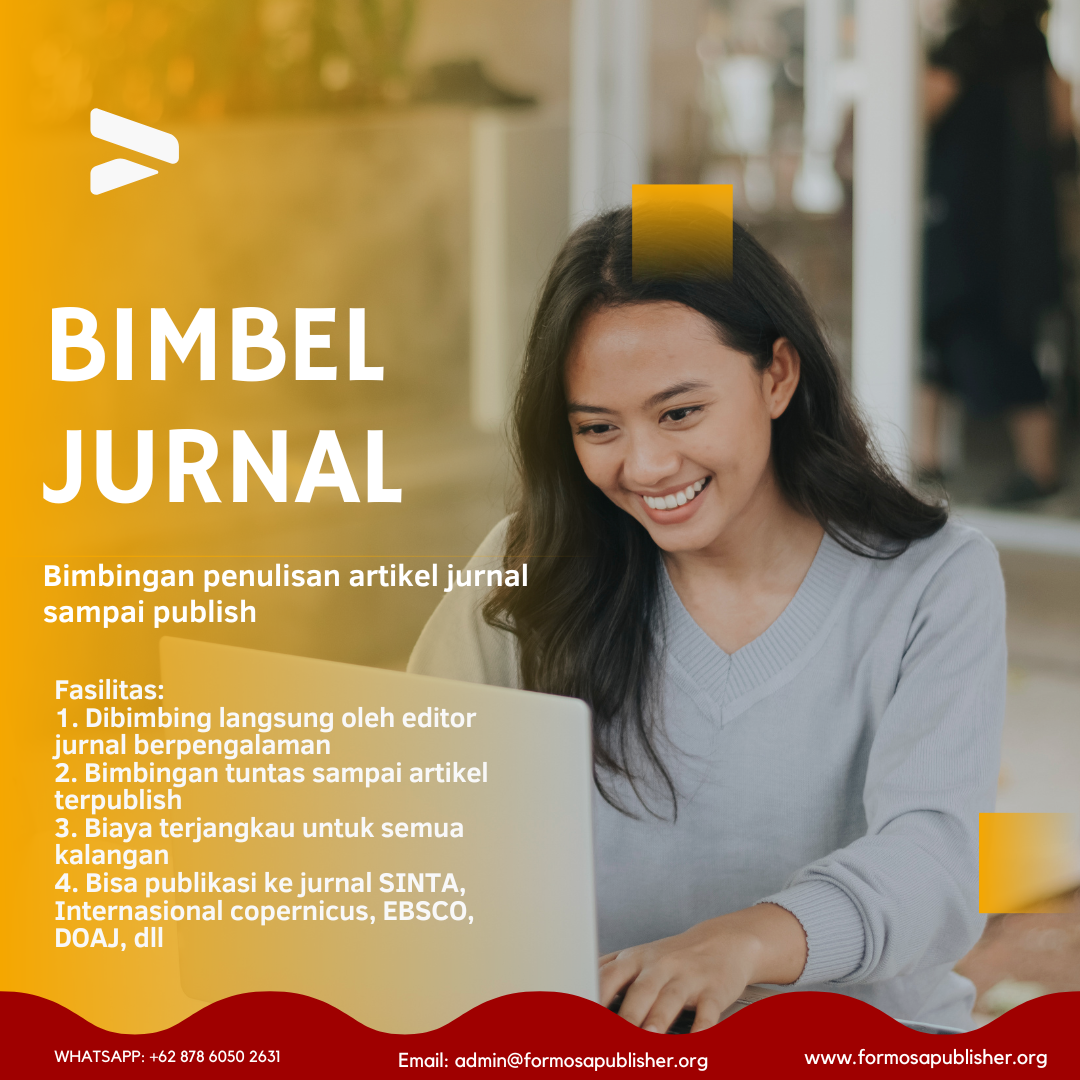Analysing Challenges Faced by Micro Finance Institutions and Exploring Linkages on Rural Development and Quality of Life
DOI:
https://doi.org/10.55927/mudima.v4i1.3046Keywords:
Micro Finance, Rural Development, Non-Performing Assets, Financial Illiteracy, Fund Mobilization, Competition, Infrastructural FacilitiesAbstract
Micro finance institutions play a significant role in economic development of India. Such institutions provide financial access to lower income people. These institutions are very helpful for poor people who lack access of banking services. Micro finance institutions provide a large variety of financial and non-financial services to people including credit, counseling, and training. Such institutions are necessary to achieve rural development, financial inclusion and women empowerment. Today micro finance institutions are faced many problems. Problems of non-performing assets are considered as a big challenge for micro finance institutions. Financial illiteracy, lack of speedy generation of funds, lack of proper infrastructure, political interference and competition are the other challenges faced by micro finance institutions. This chapter made an attempt to analyze the problems faced by micro finance institutions and understand the role of micro finance in rural development
References
Dhanabhakyam, M., & Monish, P. (2019). IMPACT OF EMPLOYEE GRIEVANCE MANAGEMENT ON JOB COMMITMENT IN CYBER PARK KOZHIKODE.
Dhanabhakyam, M., & Monish, P. (2021). Impact of Employee Grievance Identification Strategies on Job Performance with Special Reference to Info Park and Techno Park, Kerala. Asian Journal of Managerial Science, 10(1), 33-35.
Dhanabhakyam, M., & Sarath, M. (2022). Impact of Occupational Stress on Job Satisfaction and Psychological Wellbeing. International Journal of Advanced Research in Science, Communication and Technology (IJARSCT), 270-275.
Dhanabhakyam, M., & Monish, P. A Study of Employees Perception on Grievance Redressal Mechanism in Non Banking Financial Institutions in Kozhikode City.
Dr. M Dhanabhakyam, F. K. (2022). A Study on Perception towards Selected Investment Avenues, with Special Reference to Working Women in Kozhikode District. International Journal of Advanced Research in Science, Communication and Technology , 282-287.
Dr. M Dhanabhakyam, F. K. (2022). Benefits and Challenges of ICT enabled learning: a study among higher secondary students in Kozhikode and Malappuram districts of Kerala. International Journal of Novel Research and Development , 7 (12), 76-87.
Hulme D. and Mosley P. (1996) Finance against Poverty: Effective Institutions for Lending to Small Farmers and Micro-enterprises in Developing Countries: Rutledge press, London.Institutional and Financial Perspective. The World Bank: Washington D.C.
Irobi, N.C. (2008), Microfinance and Poverty Alleviation: A case study of Obazu ProgressiveWomen Association Mbieri, Imo State- Nigeria. Uppsala: Department of Economics
James, Q. (2005). Financial Sector Assessment Hand Book, World Bank: Washington.
Kessy, Severine S. (2006). The Contribution of Microfinance Institutions to Poverty Reduction in Tanzania. Research Report 06.3
Khan, K.A. and Rahman A . ( 2007). Why Do VO Members Drop Out? BRAC. Dhaka.
Kumar, R. (2005), Research Methodology-A Step-by-Step Guide for Beginners, (2nd.ed.), Singapore, Pearson Education.
Ledgerwood J. (1999) Sustainable Banking with the Poor: Microfinance Handbook
Matovu, Dan (2006) “Microfinance and Poverty Alleviation, a case study of Uganda finance trust.” Göteborg University. Microfinance from Argentina, Development Policy Review,19(3), pp 339–354.
Monish P, D. (2021). Demystifying employee grievance management and exploring the workplace justice and job commitment nexus. Journal of shanghai Jiao tong university, 151-157.
Monish, P., & Dhanabhakyam, M. (2021). Sustainability Strategies for Developing SMEs and Entrepreneurship. In Handbook of Research on Sustaining SMEs and Entrepreneurial Innovation in the Post-COVID-19 Era (pp. 527-547). IGI Global.
Morduch, J. (1998). Does Mocrofinance Really Help the Poor? New Evidence from Flagship Programs in Bangladesh. Mimeo. Stanford: Hoover Institution, Stanford University.
Monish P, D. (2020). Exploring the Linkages between Employee Grievance Management in Aversive Work Environment and Workplace Justice. Journal of Micro and Small Business Management, 19-21.
Monish P, D. (2022). effectiveness of team building and quality circle strategies of employee grievance management on job commitment. Journal of Management and Entrepreneurship, 81-87.
Sarath, M., & Dhanabhakyam, M. (2022). Analysing the role of psychological capital on the challenges of work from home. ACADEMICIA: An International Multidisciplinary Research Journal, 12(9), 167-171.
Downloads
Published
How to Cite
Issue
Section
License
Copyright (c) 2024 Monish P

This work is licensed under a Creative Commons Attribution 4.0 International License.
































